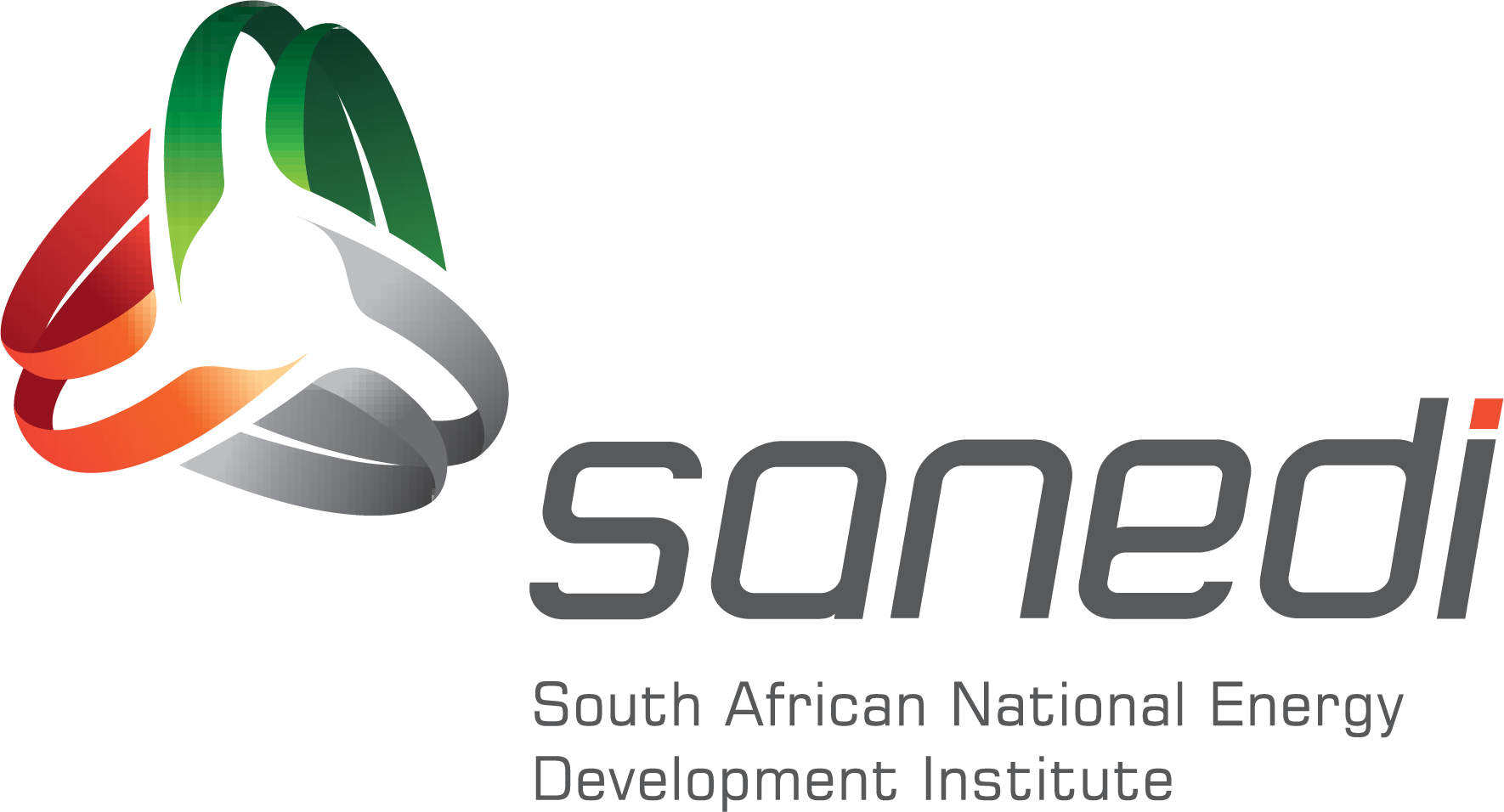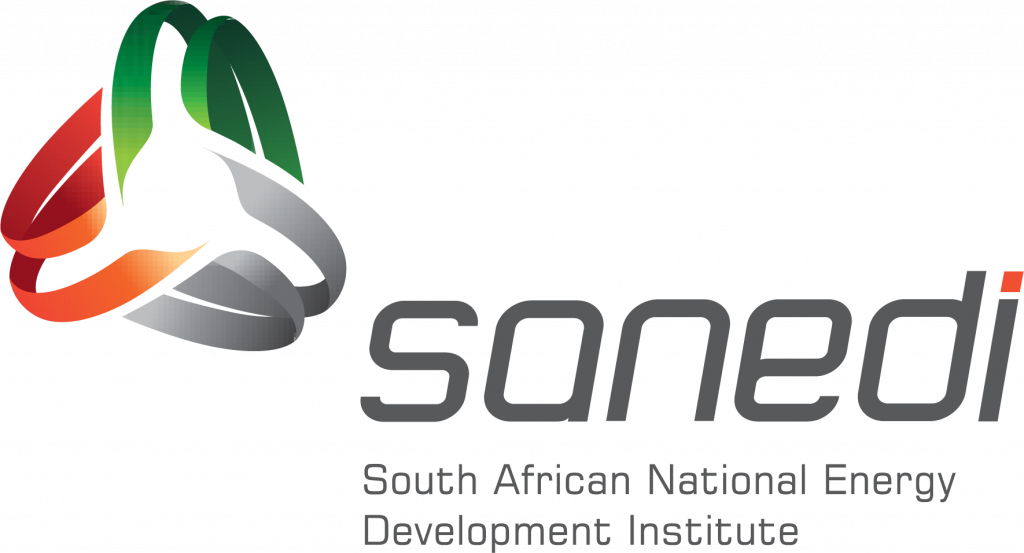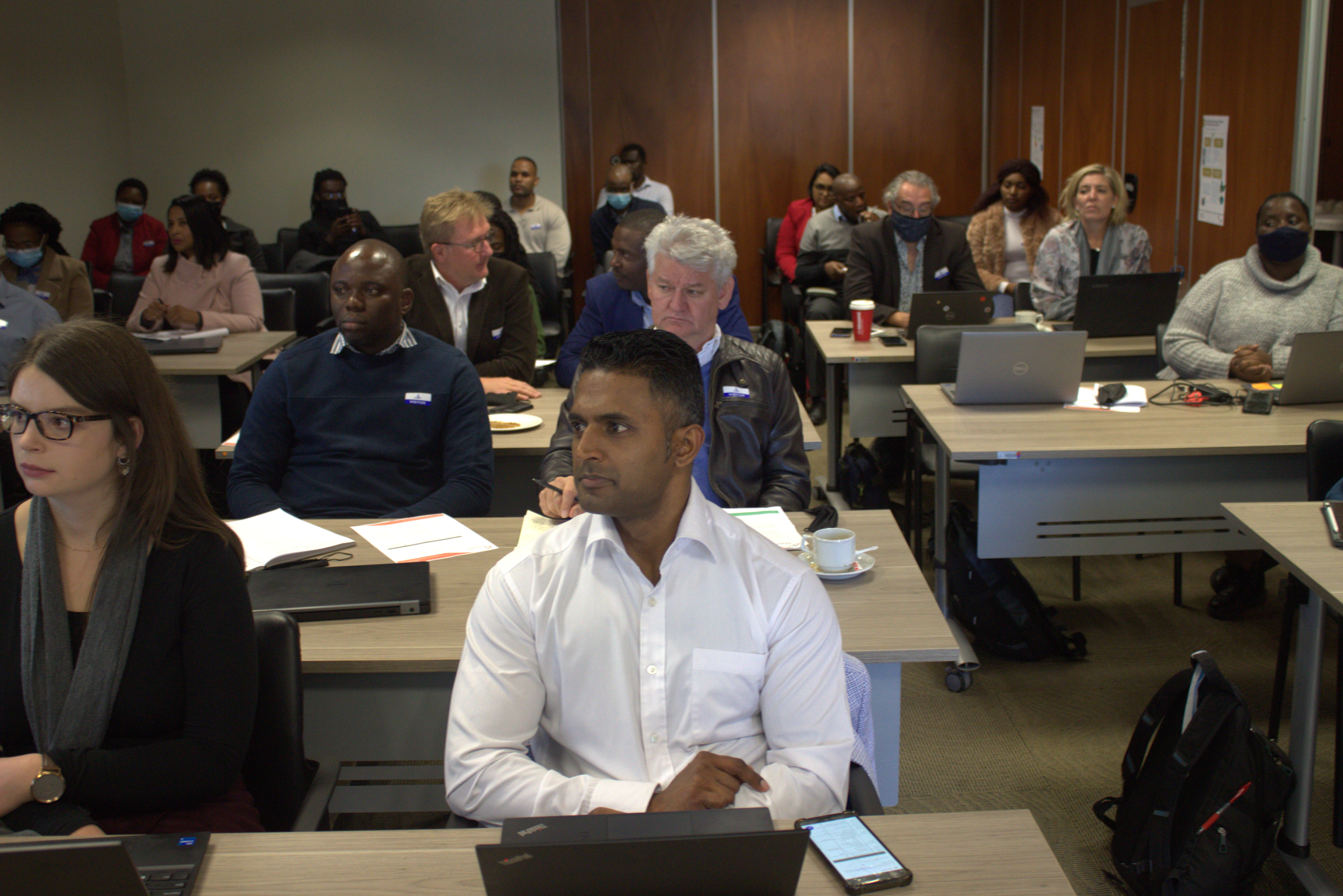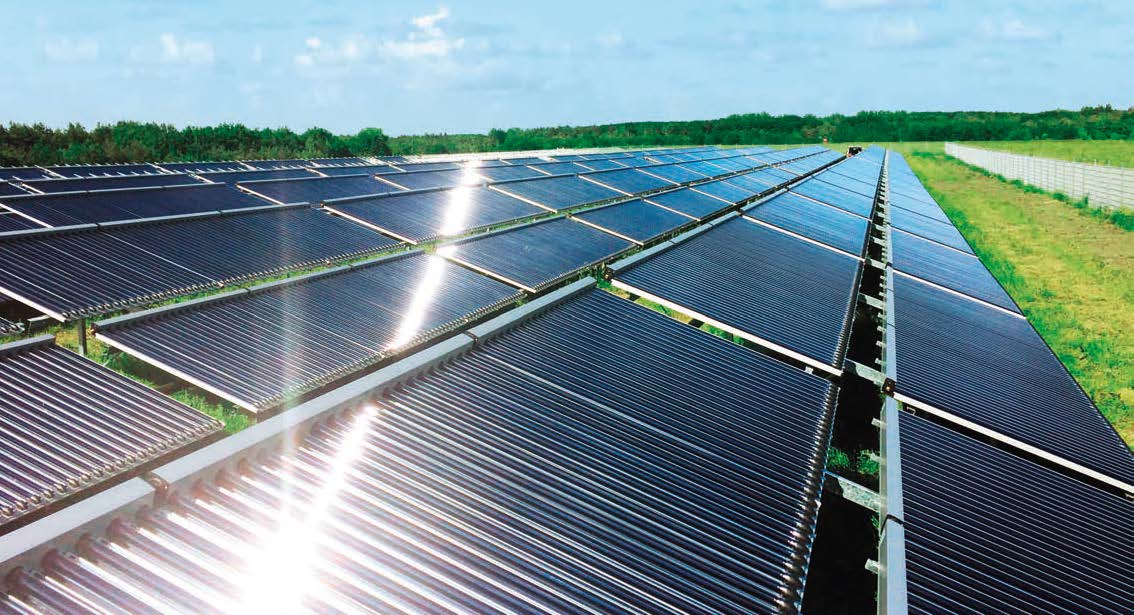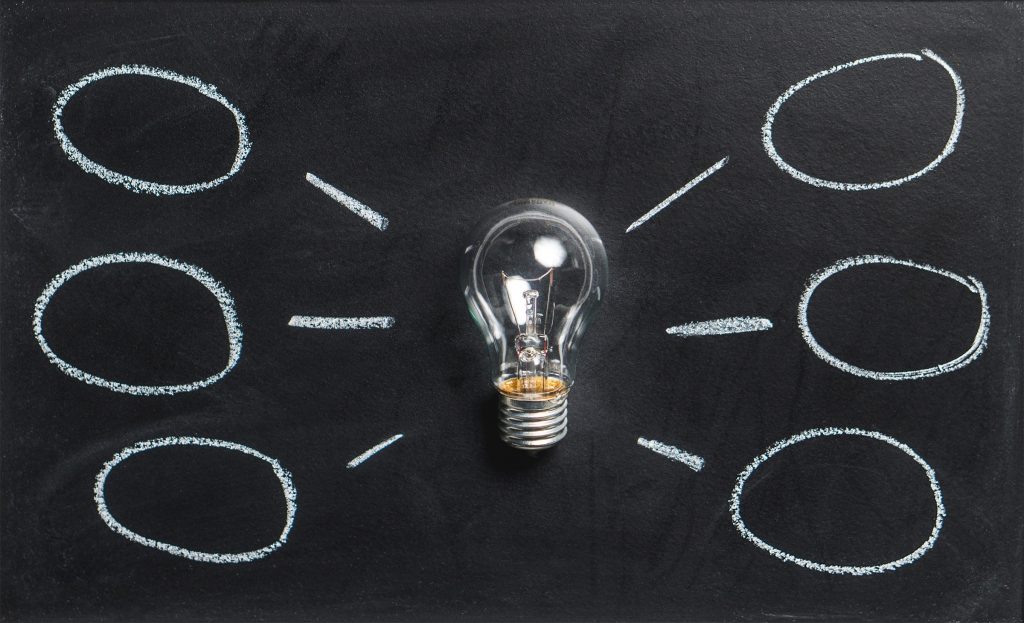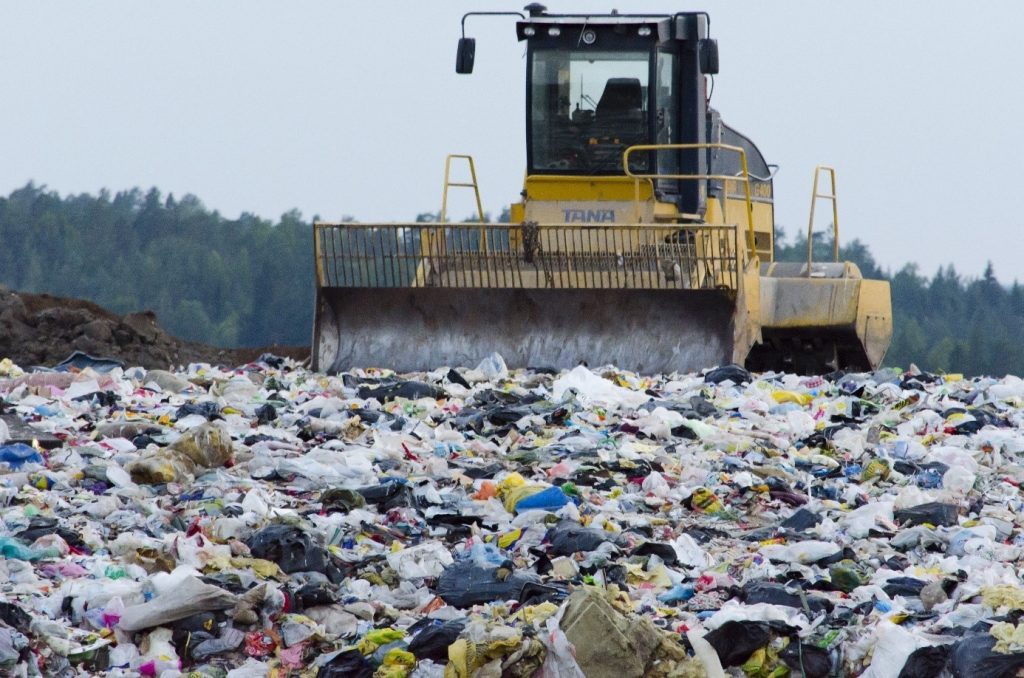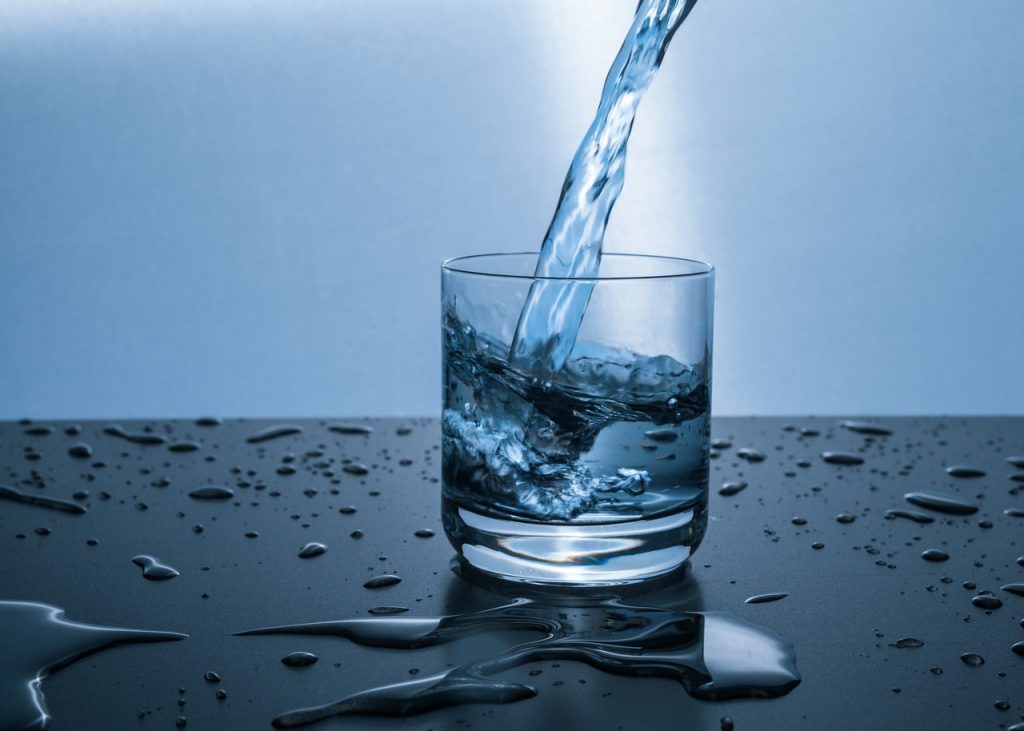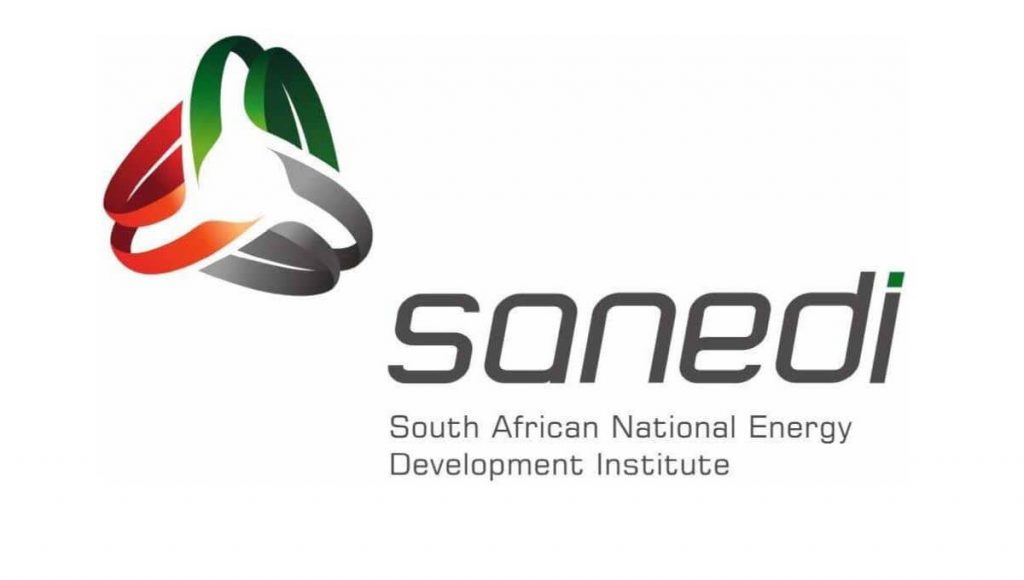The Residential Energy Consumption project is focused around the collection of residential energy consumption data. This data is based upon the types of electrical appliances and their end-use by individuals within the different Living Standard Measure (LSM) across South Africa. The appliance end-use data utilised within the Long-range Energy Alternatives Planning (LEAP) model for analysis, enabling policy makers with a better understanding and visibility of residential energy side. Furthermore, this project supports aspects of the review of the National Energy Efficiency Strategy (NEES) targets, together with the National Standards & Labelling Programme (S&L) impact assessment.
It is often said that energy is the lifeblood of an economy, that it is a key enabler that supports the economic activities of the country; however, although very important, it remains a means to an end...
On the 25th of May 2022, the South African National Energy Development Institute (SANEDI) together with the Department of Mineral Resources and Energy (DMRE) hosted a workshop for Energy Performance Certificate (EPC) SANAS Accredited Inspection Bodies (IB) at CEF House...
The Solar Heat Worldwide report has been published annually since 2005 within the framework of the Solar Heating and Cooling Technology Collaboration Programme (SHC TCP) of the International Energy Agency (IEA). ..
A hot water geyser guzzles as much as 40% of the amount of electricity used by the average household. Turn the geyser thermostat to around 60C, install a geyser blanket and ..
Two major research organisations are combining forces to identify the optimal thermal technologies companies can use …
Energy sector leader Lethabo Manamela has identified at least three issues she believes South Africans should tackle with greater urgency.
CLASP’s 2021 report titled “In-depth Assessment of Water Efficiency Opportunities in South Africa” found that standards for taps and showerheads could address the country’s linked water and energy crises by reducing the use of water and electricity needed to heat some of that water.
South Africa can significantly improve water and energy efficiency by aligning its tap labelling programme with international standards, according to a new study released ahead of National Water Week marked on 20 to 26 March 2022.
A Day of the year has been allocated to the power of the sun thanks to the UN Environment Programme (UNEP). International Day of the Sun on 03 May is meant to recognise and promote the expansion of this abundant renewable energy resource.
The South African National Energy Development Institute (SANEDI) announces its new board appointed by the minister of Mineral Resources and Energy (DMRE), Gwede Mantashe, following the expiration of the previous board’s term.
The ongoing conflict between Russia and Ukraine has sparked fears of a global energy supply crisis affecting electricity and fuel security. As the world’s third largest oil producer, uncertainty around oil supply from Russia has sent the oil price soaring.
The South African National Energy Development Institute (SANEDI) commissioned the University of Johannesburg’s Process, Energy and Environmental Technology Station (UJ PEETS) to take stock of the current status of micro-digesters and the wider state of the technology in South Africa and globally.
